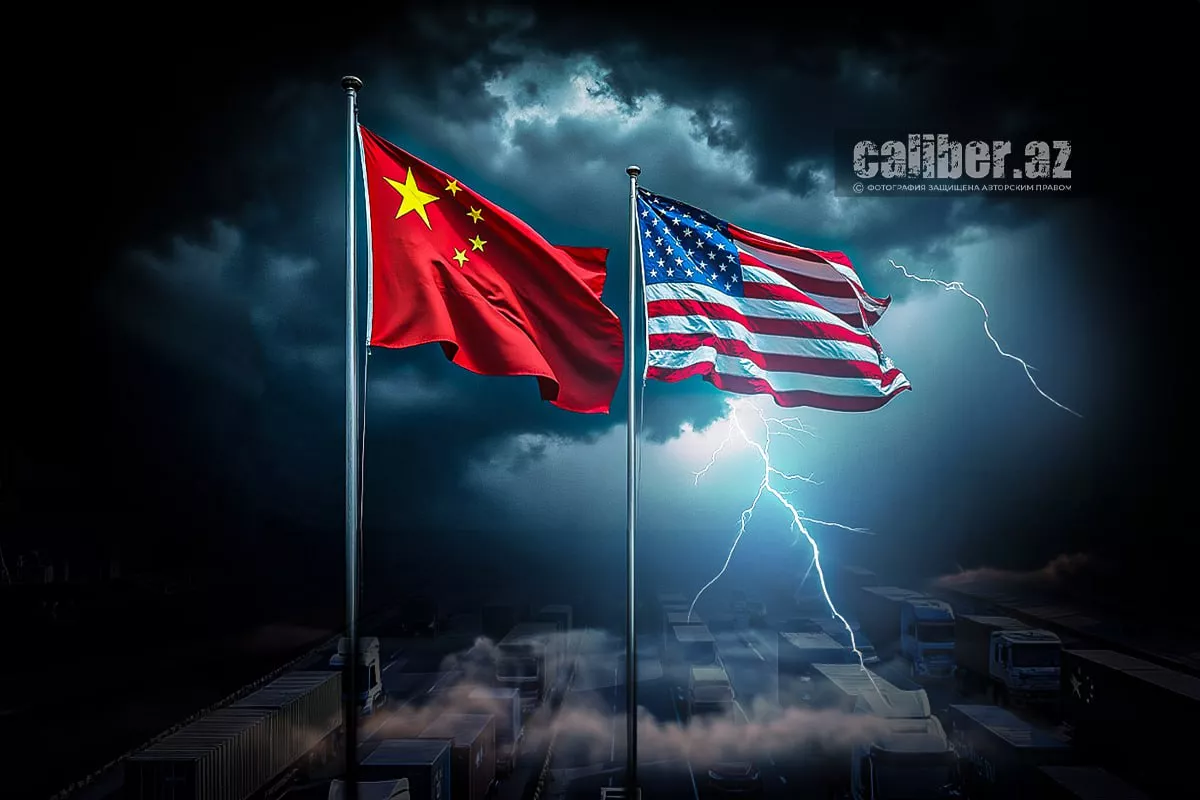US, Israel, Iran and the cautious dragon Why China won’t back Iran against Israel
The delivery of Chinese fighter jets and other military equipment to Iran is theoretically possible, but not on a scale that would fundamentally alter the strategic balance.
Iran is accelerating negotiations with China to acquire Chengdu J-10C multirole fighter jets. The decision was made following the 12-day conflict between Israel and Iran, which exposed critical vulnerabilities in the ageing Iranian Air Force and air defence systems. The latter were virtually destroyed by Israel in the western and central regions of the country.
Tehran’s pivot toward Beijing, as reported by the Iranian newspaper Khorasan, signals a desperate attempt to modernise its outdated air force amid escalating regional tensions. According to some reports, Israel also managed to destroy about a third of Iran’s combat aircraft on the ground. Furthermore, Iran’s deal to acquire Russian Su-35 fighter jets appears to have fallen through.
However, there is no certainty that China will deliver these aircraft to Iran. And in any case, the key question remains: to what extent is Beijing prepared to support Iran in its confrontation with the United States?

At first glance, such support may seem plausible, as the current global landscape is defined by the rivalry between two great powers — the United States and China. Anything that poses a problem for the U.S. is, by default, advantageous for China. Moreover, China imports oil from Iran, and Iran serves as a market for Chinese goods.
All of this holds some truth. For China, it is important that the U.S. remains entangled in the conflicts in Ukraine and the Middle East, preventing Washington from focusing its full capacity on countering China in the Indo-Pacific region. This is why China provides a certain level of support to both Iran and Russia. However, what we are witnessing today is not the formation of military-political or economic blocs, but rather the emergence of a network of cautiously aligned countries working to restrain U.S. influence.
China's caution is driven by several factors.
First, China signed a deal with Iran that envisioned $400 billion in investments into the Iranian economy and infrastructure in exchange for discounted oil supplies over a 25-year period. This arrangement could have led to Iran’s integration into China’s global infrastructure and economic system — the Belt and Road Initiative (a network of ports, railways, pipelines, etc.) designed to create a unified Eurasian market under Beijing’s control.
In reality, however, these investment commitments have remained largely declarative. As long as Iran remains under U.S. sanctions, China will not invest substantial sums into its economy. The reason is simple: the United States and Europe are still China’s primary export markets. In 2024, China’s trade turnover with the EU reached $785.82 billion — even higher than its $688.28 billion trade with the U.S. last year. Combined, this is about seven times greater than China’s trade with Russia, and roughly seventy times greater than its trade with Iran, which stands at around $20 billion.
Despite growing trade tensions with the United States, Beijing is not willing to jeopardise its economy for the sake of Iran. It fears American sanctions and the escalation of a trade war with Washington and its allies. As a result, China's trade with Iran and its involvement in the country’s conflicts with the U.S. remain relatively limited.
Second, Beijing has no interest in escalating the war in the Middle East. China is the world’s manufacturing hub, and it relies on an uninterrupted flow of energy resources from the region, which also serves as an important export market. China has been diversifying its oil imports from Gulf countries.
Ultimately, as experts at the Washington Institute for Near East Policy point out, Beijing is likely to remain a marginal player in resolving this crisis. Chinese leadership is primarily concerned with maintaining a steady flow of energy and uninterrupted trade with the Middle East. Iranian energy exports account for only about 10 per cent of China’s total oil imports. Iraq supplies China with a comparable amount, while Saudi Arabia exports even more — around 14 per cent.
What matters far more to Beijing is overall trade stability in the region and the risk of broader instability that could result from the expansion of armed conflict.

Third, China’s investment agreements with Iran have remained largely political declarations, while its ties with Arab states of the Persian Gulf — geopolitical rivals of Iran such as Saudi Arabia and the UAE — have developed much more rapidly. Trade turnover between China and the Gulf Arab states stands at around $300 billion. In the dispute between the UAE and Iran over contested islands, Beijing sided with the Emirates. Furthermore, China maintains close ties with Israel, investing billions into the Israeli high-tech sector due to its interest in acquiring advanced technologies.
Finally, there is one more critical factor in this equation: Israel has achieved full air superiority over Iran, having destroyed much of the country’s air defence systems. Israel has already declared that it will not allow Iran to rebuild its military or nuclear capabilities. Suppose Tehran were to acquire several dozen fighter jets from China — against the Israeli Air Force’s 250 combat aircraft, including stealth F-35s, such a force would be negligible. More importantly, training pilots and building the necessary technical infrastructure to operate these new jets takes years. How can Iran manage this when the Israeli Air Force is capable of striking almost any target on its territory?
Taking all of this into account, one may reasonably agree with the experts who argue that in the current conflict between the U.S.-Israeli coalition and Iran, Beijing is likely to remain a marginal player.








